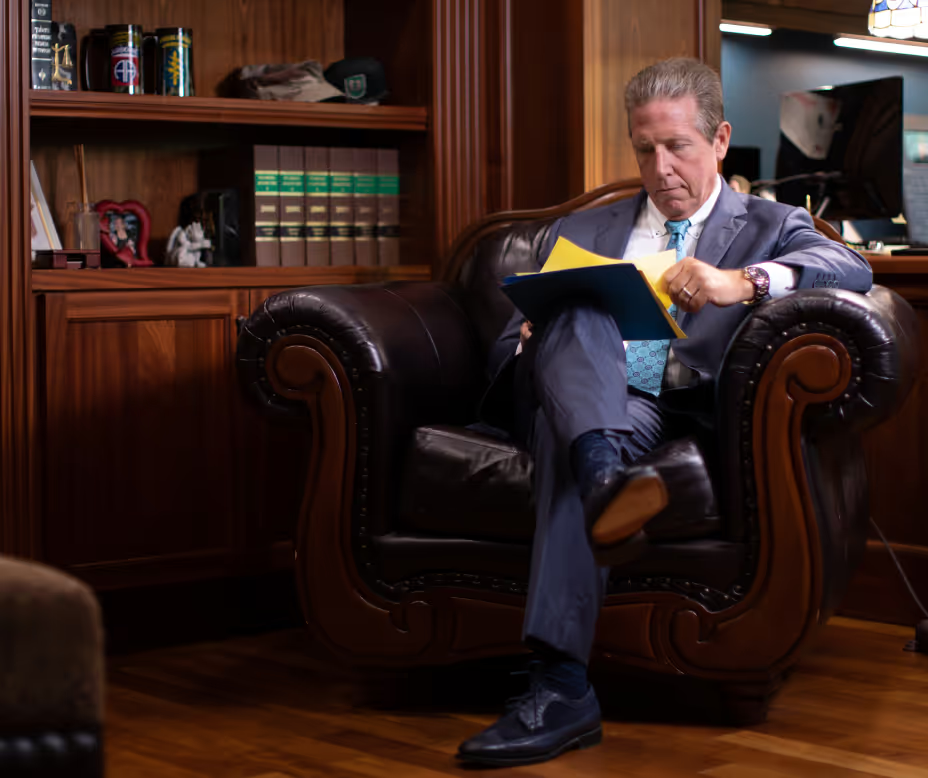While train accidents are relatively uncommon compared to regular car accidents, they’re worth talking about simply because of their potential for catastrophic results.
Because of their weight and the speed that they typically travel at, trains move with extreme force. When they collide with an automobile, there is almost always extreme property damage, and they frequently result in serious injuries or death.
How common are vehicle accidents involving trains?
Automobile accidents involving trains are relatively uncommon but they are actually more common than you would think.
In 1981, the first year that the Federal Railroad Administration began keeping track of these numbers, there were 9,461 automobile/train collisions with 728 reported fatalities and 3,293 injuries. So those are pretty astounding numbers, but these collisions have been steadily declining over the past several decades as more and more safety precautions are put in place.
According to the FRA, in 2015, there were 2,075 collisions with 233 fatalities and 1,032 injuries. In 2016, there were 2,025 collisions with 265 fatalities and 798 injuries.
So, again, while they aren’t nearly as common as regular car accidents, they are more common than most people realize. Just to reiterate the potential for catastrophic results, according to the National Highway Traffic Safety Administration, a motorist is almost 20 times more likely to die in a crash involving a train than in a collision involving another motor vehicle.
Why do car accidents involving trains happen?
Most people are probably wondering how these types of accidents occur.
One of the most common causes of these accidents is train derailments. This can happen due to defective railroad tracks, negligence of the conductor, mechanical failures of the train itself, or even improperly loaded cargo loads.
Another common cause of these accidents is when an automobile gets stuck on the tracks at train crossings. This can happen if a car stalls out or has some other sort of mechanical issue that causes it to break down. Obviously, if this happens to you get out of your vehicle immediately and call the authorities. You don’t want to risk your life saving your vehicle. It’s not worth it.
What are the legal implications of your car being struck by a train?
This depends completely on who is placed at fault for the accident.
If it’s the fault of the railroad company, then they would be legally responsible for your medical bills, your property damage, and any other potential damages that you may have. If it’s your fault, however, the railroad company has no legal responsibility to pay for anything.
I will say, though, because Florida is a no-fault state, you’re required to carry what’s called Personal Injury Protection or PIP through your automobile insurance carrier. PIP will cover 80 percent of your medical bills up to $10,000 regardless of whether you’re the at-fault party or not.
Any medical expenses beyond that would have to be covered by you personally or your medical insurance provider. Obviously, as I previously had mentioned a couple times, the types of injuries that are involved in automobile/train accidents are extremely serious and that $10,000 in PIP likely won’t cover much, if anything, as far as medical bills go.
In regard to the damage to your vehicle, if you’re at fault you can make a claim with your automobile insurance carrier if you have collision coverage. This type of coverage isn’t required in Florida, so you want to make sure that you have it or that you purchase it soon if you don’t have it. It’ll help to pay to repair or replace your car if it’s damaged in an accident when either you’re placed at fault or the at-fault driver can’t be located or doesn’t have insurance.
If you or a loved one has been involved in an accident with a train, we are here to help you. If you have any questions, feel free to contact our office at (850) 786-4011. We offer free consultations, so if you have any questions at all, feel free to give us a call any time.

Schedule a Free Consultation with Our Attorneys Today!
get a Free Consultation
(850) 438-4848




.svg)

